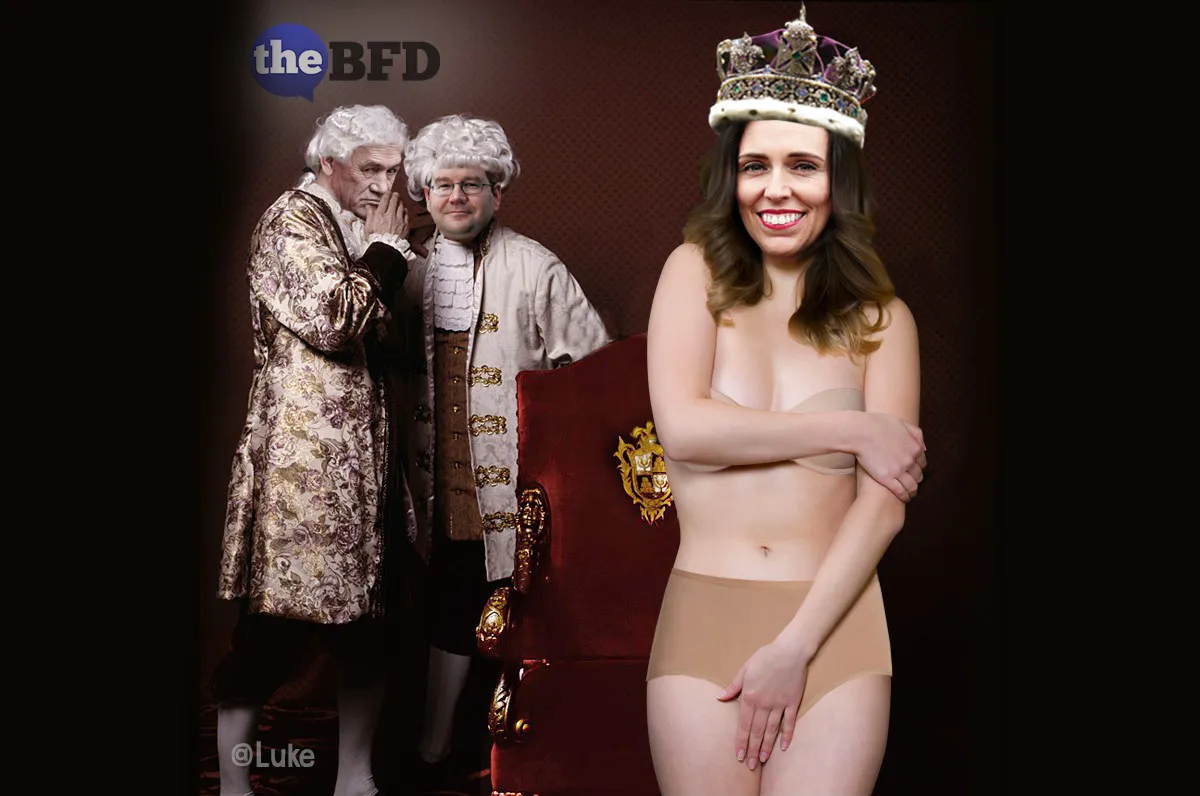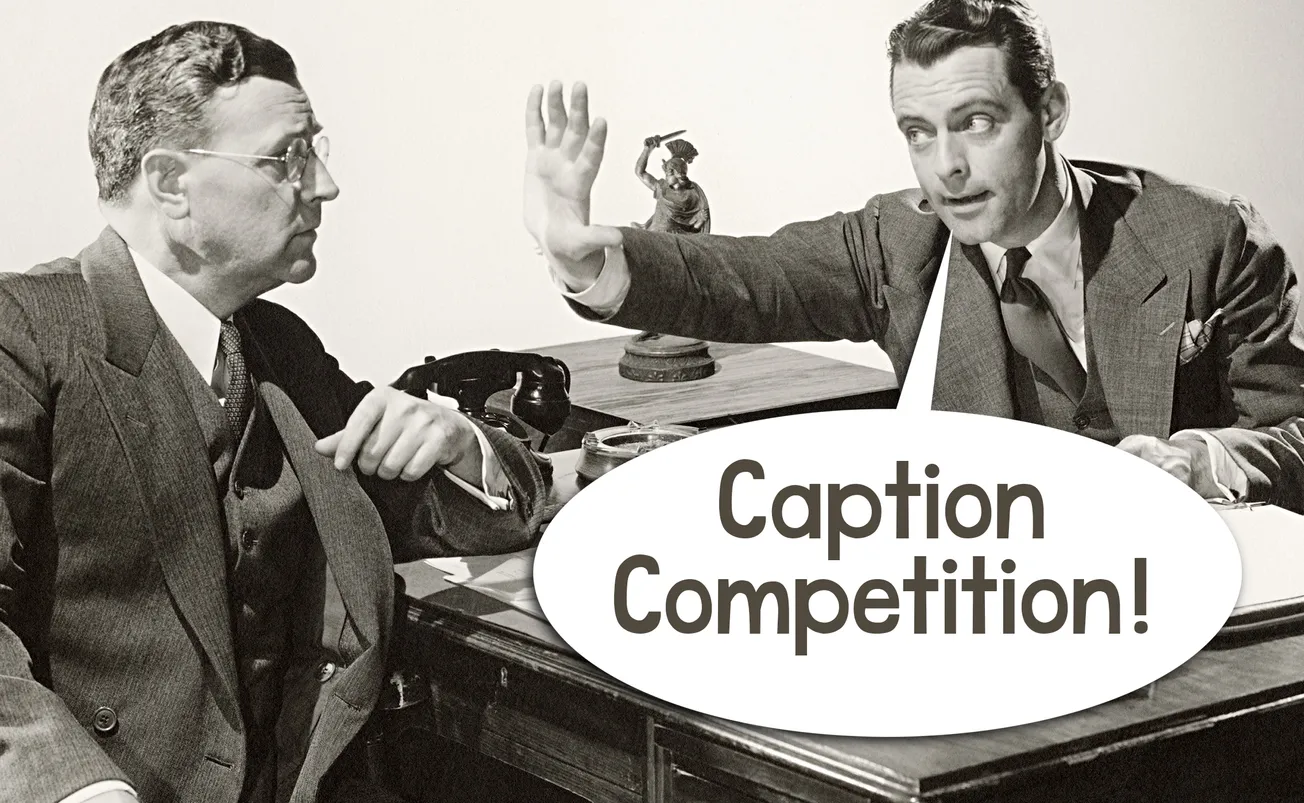Table of Contents
TV One, Tuesday 22 September, 7 PM
A great many urban leftists are wealthy and vote for socialist parties as a kind of penitence. One such leftist took a brief pause recently from the administration of her family-owned businesses and trust accounts to ask what would have to happen for me to vote Labour. Pondering this, I imagined, short of having the better part of my brain surgically removed, there is nothing which would prompt me to vote that way.
I have always found Jacinda Ardern’s persona to be strangely repelling. Tuesday night’s leaders’ debate did nothing to alter my impression of being talked down to by a snotty intermediate school prefect, aged about twelve-and-a-half, who wants us to know that she both is captain of the hockey team and has her own pony.
The most important point, therefore, conveyed with great success by Judith Collins, is that she herself is a middle New Zealander. This may seem an obvious, unnecessary or even strange observation to make, but it highlights, significantly, the chasm in both style and substance which has opened up between the two leaders.
Not only was Collins empathetic to the pre-recorded debate questioners, her New Zealand ‘story’ placed her close to them. She displayed a practical familiarity with the work of the Auckland City Missioner. Mentioning that her husband is Samoan, she was able to speak ‘with’ and not ‘to’ the South Auckland school girl with family concerns. And finally, as the daughter of Matamata dairy farmers herself, Collins obviously knew about farming and engaged the farmer directly.
Conversely, and aside from her mangled accent – which she could have picked up at the burger joint of Auckland Airport’s travellers’ lounge – nothing that Ardern said or did during the exchange indicated that she has even visited New Zealand, let alone that she has an interest in the place.
Ardern ran through her usual set pieces, which always include the words ‘I hope’ or ‘I empathise’ precisely because she doesn’t. She deployed the ‘smiley face’, but then, increasingly, the ‘scowly face’ as the exchange wore on. And always the ‘scowly face’ when questioned, as if questioning her were an impertinence.
Where has Ardern been for the last three years? She displayed only the most superficial grasp of government policy and was clearly in not possession of facts or numbers. Labour policy is still being presented, after a term in office, as the sweaty workshop musings of a youth summer camp.
Ardern comes from a family of civil servants and has obviously never been near small business, let alone blue-collar workers, who are probably forced to use the servants’ entrance at her and Clarke’s place. Assuming the attitude of a television celebrity with minor celebrity boyfriend in tow, Ardern appeared unprepared for the rigors of debate and was visibly unimpressed when things didn’t go exactly her way. Anything off script aroused huge visible discomfort. One imagines her being similarly socially uncomfortable when not breathing the rarefied air of the Ponsonby social circuit.
Ponsonby, where the elect quaff Châteauneuf-du-Pape and get up to all manner of great japes is clearly Ardern’s environnement natif approprié.
“I don’t need your tax cut!” she snapped at Collins, responding as if Collins had just condescended to pay this wealthy Marxist’s bus fare. And she didn’t offer to give it back either when Collins prompted, the deduction being that she would trouser it, believing that she deserves every penny she earns.
Collins’s well-timed interruptions, one-liners, and grasp of simple facts prompted Ardern to sneer repeatedly during questioning – the sneer being a much closer expression of her true character than the make-believe happy/serious expressions she learned from her drama coach.
Ardern attempted to open the debate by employing Angela Merkel’s static hand gestures, but as she came under pressure these soon gave way to wild gesticulation. At one point she seemed ready to wrestle John Campbell with her hands, perhaps hoping to silence him by (metaphorically, of course) sitting on him. This is one socialist lady who does not like to be questioned, however sympathetically. It is fortunate for her that she has managed to sail through much of this year unscrutinised, by evoking mass national hysteria.
Last time around, voters were sold lies (otherwise known as ‘aspirations’) about transport and public housing, from which very little has materialised. This year’s policy offering appears to have been developed on the hoof at a Davos love-in attended by Justin Trudeau. Labour, we were told, will rapidly convert the national grid to 100 per cent renewable energy using “pumped hydro” – a term unfamiliar to many.
The reason for the lack of public interest is, perhaps, that we are entering a recession, and upmost in most constituents’ minds are issues like employment and the cost of living. For those residing outside the Herne Bay dinner circuit, “pumped hydro” doesn’t even exist. In reality, the commitment to 100 per cent renewable energy will make achieving high-speed rail to Hamilton look like a piece of cake. The entire policy appears to have been pulled off the internet.
With her towering Marie Antoinette complex on full display, the Ardern really did appear to believe that she can bamboozle the gullible with the ‘internationalist’ bons mots of the latest climate change conference, while expecting them to be too stupid to realise that they will have to pay for them.
Collins front-footed most of this, but she really needs to press the point further. Almost all of the debate questions were framed in terms of the established leftist orthodoxy. The political right should not feel it has to apologise for negating the climate agenda, or for introducing measures to reduce welfare dependency.
It is not only beneficiaries, but New Zealand’s ‘stretched middle’ which is struggling. A great deal was made of the minimum wage, which is approaching $20 an hour, but nobody pointed out that the median wage is itself only approaching $30. ‘Good’ incomes chime in at $40-70 per hour, and Ardern’s ‘very high’ $180,000 per annum earners, whom she plans to tax more, are really only on around $100 an hour gross.
Rather than suffering from ‘disparity’, Kiwi incomes are remarkably, if not ridiculously, egalitarian. Despite the reforms of the 1980s, our wage range is not in the least expansive, and remains determinedly ossified – at least in mindset. Kiwi companies are not incentivised towards performance-based pay, and on top of this both corporations and the workforce are heavily taxed. Unlike in certain overseas jurisdictions, families here often can’t get ahead, despite both parents working.
People find it difficult to understand why we need to subsidise children’s meals when, by working hard, most manage to feed their own children. And they find it incongruous that a part-time youth worker must now be paid not much less than full-time employees who have served for many years, are qualified, and possess expertise.
Collins needs to capitalise on this, and also the fact that many landlords, who are being forced to renovate their rental properties to the new ‘healthy homes’ standard, live in properties which would fail the same standard.
Ardern, who is no economist, has perhaps taken Milton Friedman’s ‘helicopter money’ concept too literally, seeking to actually throw money out of a helicopter at people she has never met, doesn’t want to meet, doesn’t understand, and probably doesn’t even like. She only needs them to vote for her.
Collins referred throughout the debate to “Miss Ardern”, an appropriate epithet for someone whose patronising soliloquies came across as those of a petulant bourgeois child impatiently explaining luncheon etiquette to the gardener. Could somebody remind me again, please: who made her the leader of our country?
If you enjoyed this BFD article please share it.







